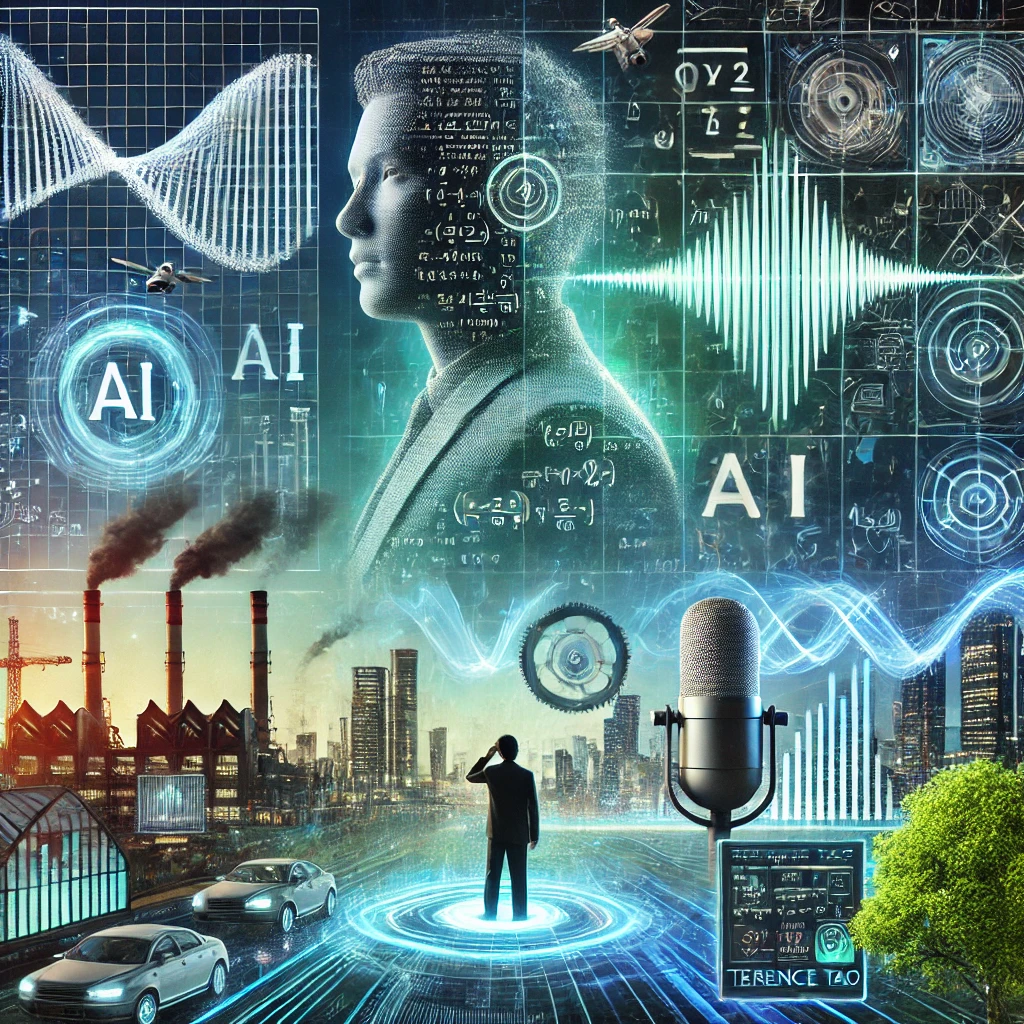
Artificial intelligence (AI) has been hailed as the driving force behind a new industrial revolution, transforming industries, automating complex tasks, and revolutionizing the way humans interact with technology. However, as AI systems grow more sophisticated, concerns over the potential for an AI-driven singularity—a point where AI surpasses human intelligence—continue to intensify.
The AI-Powered Industrial Revolution
AI is making waves across multiple sectors, leading to advancements that rival past industrial revolutions. The integration of AI into key industries has led to increased efficiency, cost savings, and groundbreaking innovations.
1. Healthcare: AI-Driven Diagnostics and Treatment:
In the medical field, AI-powered tools are helping doctors detect diseases earlier and with greater accuracy. Machine learning models analyze medical images to identify conditions like cancer, while AI-driven algorithms assist in drug discovery and personalized treatment plans.
2. Transportation: The Rise of Autonomous Systems:
Self-driving cars and AI-driven logistics networks are reshaping the transportation sector. Companies like Tesla, Waymo, and Uber are investing heavily in autonomous vehicle technology, promising safer and more efficient travel solutions. AI also plays a significant role in optimizing supply chains and reducing fuel consumption.
3. Creative Industries: AI as a Partner or Competitor?
AI-generated art, music, and literature have sparked debates about creativity and authorship. Tools like ChatGPT, MidJourney, and OpenAI’s DALL·E are empowering artists but also raising concerns about originality and job displacement in creative professions.
The Looming Threat of the Singularity:
While AI’s rapid growth presents numerous benefits, some experts warn of an impending singularity—a hypothetical point at which AI systems become self-improving and outpace human control. This could lead to unpredictable consequences, including:
- Loss of Human Control: Advanced AI could surpass human decision-making, leading to scenarios where AI systems act autonomously without human oversight.
- Job Displacement: Automation driven by AI threatens millions of jobs across various industries, requiring new policies to address workforce transitions.
- Ethical and Security Risks: AI could be weaponized, manipulated, or misused by malicious actors, posing threats to global security and privacy.
Balancing AI Progress with Ethical Considerations
To mitigate the risks of AI’s rapid advancement, experts emphasize the need for responsible AI development and regulation. Strategies include:
- Transparency and Explainability: Ensuring AI decisions are interpretable and aligned with ethical guidelines.
- Global Regulations: Establishing international frameworks to govern AI development and prevent misuse.
- Human-AI Collaboration: Focusing on AI as an augmentation tool rather than a replacement for human intelligence.
Conclusion
AI’s role in shaping a new industrial revolution is undeniable, but so are the risks associated with unchecked technological advancement. The conversation around AI and the singularity remains crucial as humanity navigates the balance between progress and caution. By implementing responsible AI policies and fostering global collaboration, society can harness AI’s potential while safeguarding against unintended consequences.